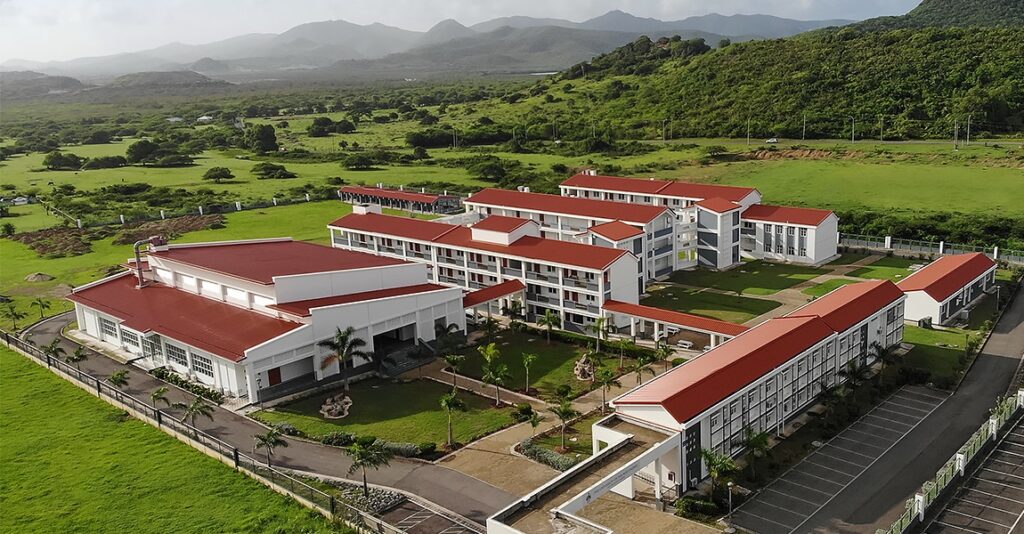Spain's National Security Council convened urgently on Wednesday to address the nationwide blackout that affected millions across the Iberian Peninsula earlier in the week. Prime Minister Pedro Sánchez, alongside defense chiefs and intelligence officers, gathered in Madrid to investigate the 18-hour outage that disrupted crucial infrastructures in both Spain and Portugal, raising alarms about the national grid's resilience, particularly following its swift transition to renewable energy sources.
The blackout took its toll on daily life, with electricity only being fully restored by Tuesday morning. In response, the Spanish government has enlisted the help of European regulators and domestic agencies to unravel the circumstances leading to this widespread failure. A special commission helmed by the Ministry for the Ecological Transition has been established to conduct a thorough investigation into the incident.
Preliminary analyses from Red Eléctrica negated the possibility of a cyberattack; however, a judge has mandated that the electric company, along with the intelligence and police forces, provide reports within ten days to assess the likelihood of malicious interference. Prime Minister Sánchez mentioned that the National Cryptologic Center is actively evaluating cyberthreats related to the event.
In the aftermath, the Interior Ministry downgraded most emergency levels across the affected regions on Tuesday night, maintaining the highest status in Madrid and Extremadura, which have yet to request a reduction in emergency declarations. The developments continue to unfold as citizens and officials demand accountability and improvements to prevent future outages.

















